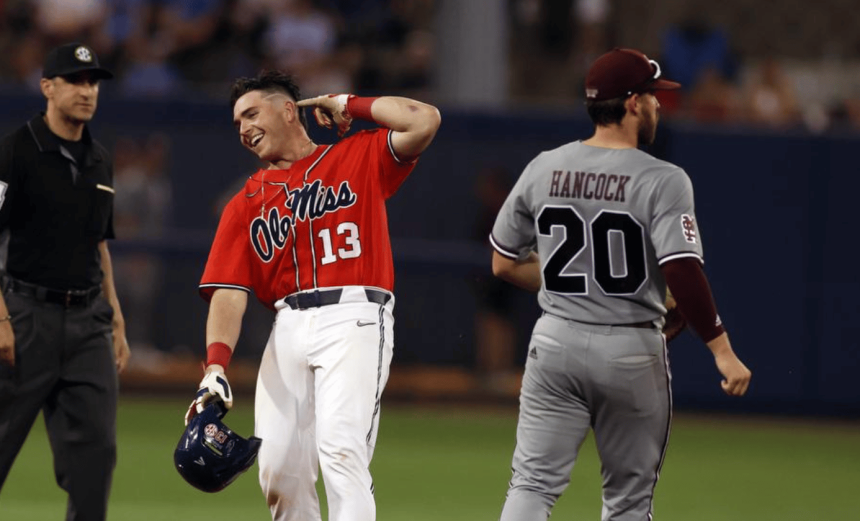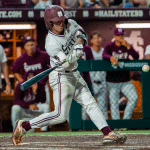With college athletes now being able to profit off their name, image, and likeness, Charlie Winfield of the Bulldog Initiative believes NIL is extremely beneficial to Mississippi universities — especially when it comes to baseball.
The NCAA currently allows Division I college baseball programs to allocate 11.7 scholarships per season. Additionally, the NCAA recently increased the number of players that could occupy a DI roster from 35 to 40 but did not allow programs to add more scholarships to supplement the additional players.

Nevertheless, private institutions — such as Vanderbilt — are able to utilize a program that allows the university to offer each of its players need-based academic scholarships to mitigate the costly price of tuition. This grants Vanderbilt an advantage over public universities because there is no cap on the number of scholarships the Commodores are able to hand out.
During a recent interview on SportsTalk Mississippi, Winfield said NIL can allow schools like Mississippi State, Ole Miss, and Southern Miss to keep up with Vanderbilt in terms of signing quality players to their respective baseball rosters.
“I think about college baseball as an example. We’re sitting in a state without a lottery, without a way to fund some things, where the average baseball player gets about a 42 percent scholarship,” Winfield said. “This gives a way to kind of help bridge the gap, from a fairness standpoint, with what we’ve all been dealing with compared to a Vanderbilt, for example.”
Though one may argue that Mississippi’s college baseball programs don’t need any assistance given Ole Miss won the national championship in 2022, Mississippi State won it all in 2021, and Southern Miss frequently appears in the NCAA Tournament, the universities have had disadvantages in recruiting that are cleared by parity created through NIL.
Now, on top of the 11.7 scholarships, collectives or other NIL entities representing a university are legally able to provide financial compensation to existing players on a roster as well as new signees that come from high school or the transfer portal. Given the level of enthusiasm for college baseball in Mississippi, teams within the state are now able to compete at the highest level to obtain premier players in the sport.
The full interview with Winfield can be watched below.







